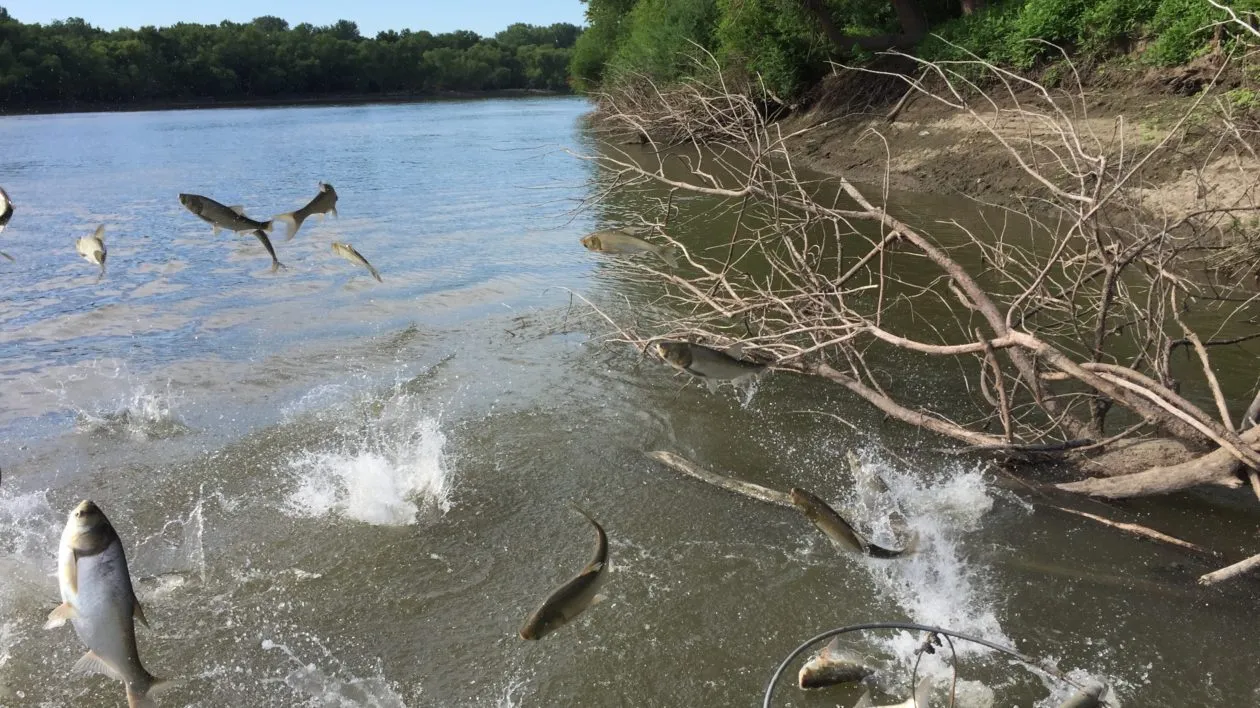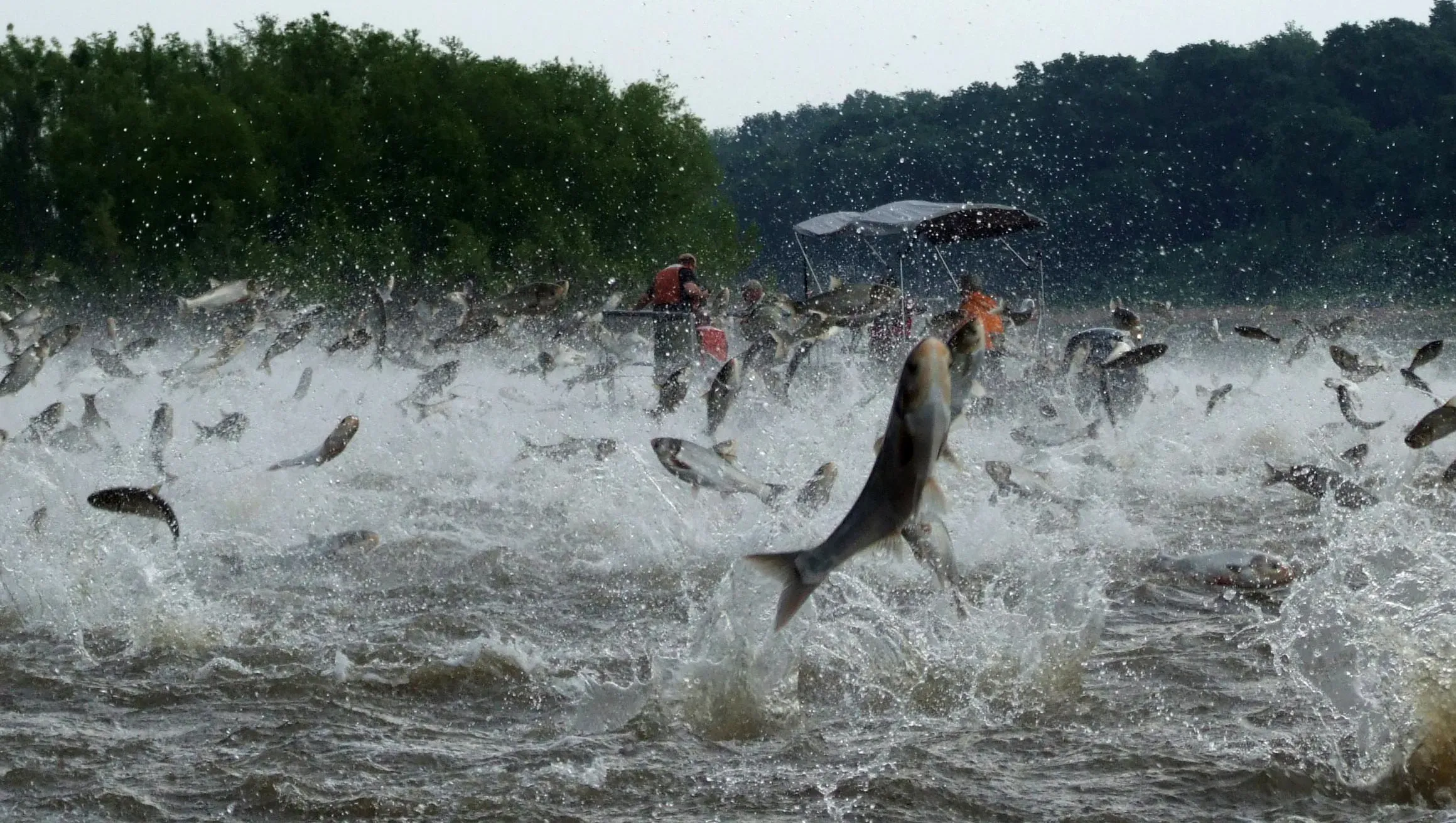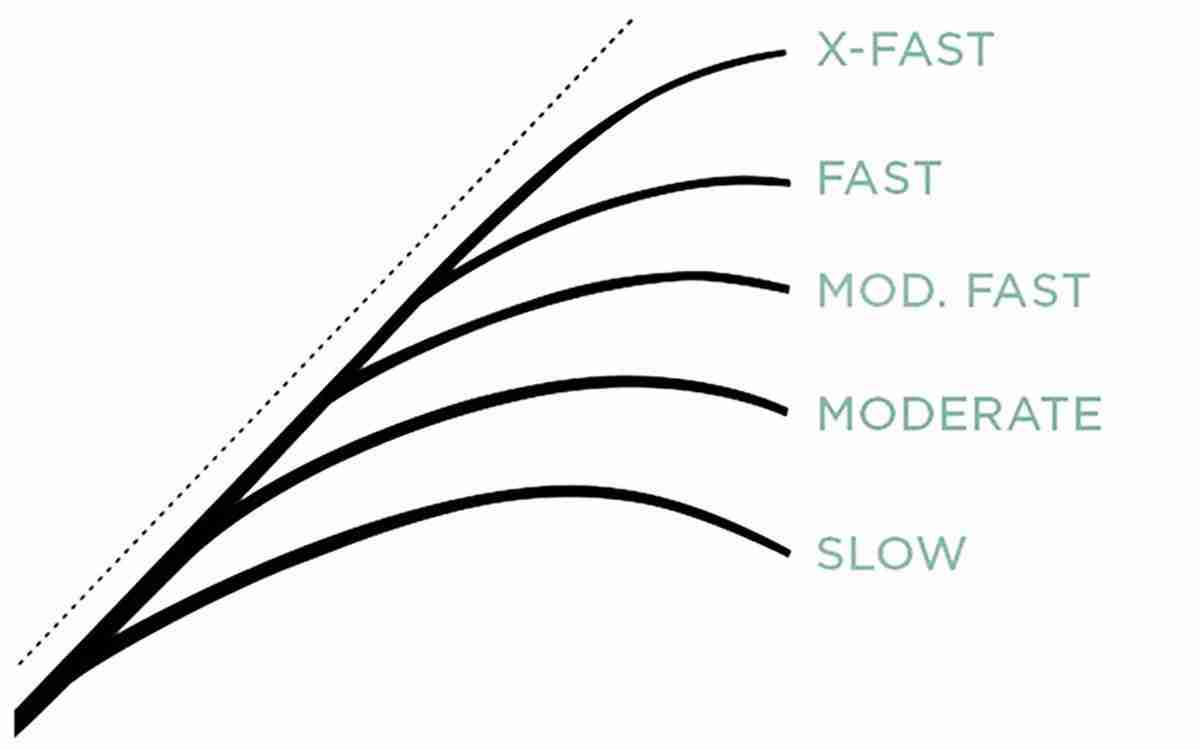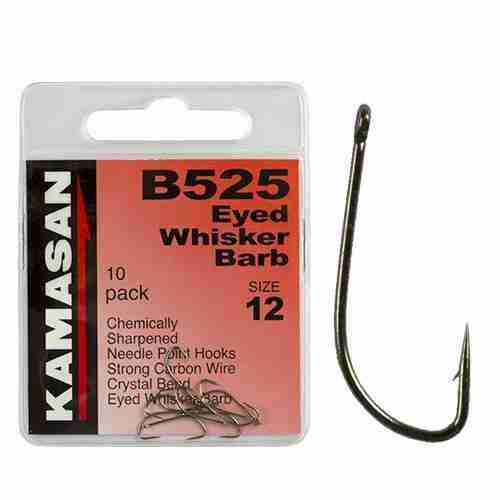
What to Do When Fish Get Spooked

7 min read
We’ve all been there—one minute the fish are hitting everything you throw at them, the next it’s like someone flipped a switch and turned off the bite completely. You know what I’m talking about. That sinking feeling when you realize you’ve just spooked every fish in the area.
Maybe you dropped your tackle box with a loud clank, or perhaps you cast your shadow across the water at just the wrong moment. Could be you reeled in too fast after a missed strike, sending vibrations through the water that screamed “danger” to every fish within a hundred yards.
Here’s the thing though—spooked fish aren’t gone forever. They’re just being cautious, and honestly? You can’t blame them for that.
Why Fish Spook in the First Place
Before we talk about fixing the problem, let’s understand what causes it. Fish are basically paranoid for good reason—everything in the water wants to eat them, including us.
Their lateral line system picks up vibrations, pressure changes, and movements that we can barely imagine. Think of it like having super-sensitive motion detectors running along both sides of your body. That’s what fish are working with every second they’re alive.
Sudden movements, unnatural sounds, and changes in light patterns all trigger their flight response. Your footsteps on a dock, the splash of a lure hitting the water too hard, even the shadow of your rod moving overhead—all of these can send fish scattering.
But here’s what’s interesting: different species react differently. Bass might just move to deeper cover, while trout often bolt for the nearest undercut bank. Knowing your target species helps you predict where they’ve gone and how long they’ll stay spooked.

The Waiting Game Strategy
First option? Just wait it out. I know, I know—patience isn’t exactly what you want to hear when the fish were biting five minutes ago. But sometimes the best thing you can do is absolutely nothing.
Find a comfortable spot, maybe grab a snack, and give the area 15-30 minutes to settle down. Fish have short memories when it comes to specific threats, but they need time to return to their normal feeding patterns.
During this waiting period, resist the urge to keep casting. Every splash, every retrieve, every movement of your line through the water is just reinforcing to the fish that something’s not right in their neighborhood.
Use this time to observe. Watch for subtle signs that fish are returning—maybe you’ll spot a few small baitfish moving back into the area, or notice the water surface activity starting to pick up again.
Change Your Approach Completely
Sometimes waiting isn’t an option, especially if you’re dealing with a short fishing window. That’s when you need to completely shift gears.
If you were throwing big, flashy lures, switch to something subtle. Smaller baits, natural colors, slower presentations—basically the opposite of whatever you were doing when you spooked them.
Your casting technique needs to change too. Instead of firing casts directly into the area where you spooked the fish, work the periphery. Cast parallel to structure instead of directly at it. Let your lure sink quietly rather than starting your retrieve immediately.
I’ve had good luck switching from artificials to live bait after spooking fish. There’s something about the natural movement and scent that can coax even nervous fish into biting. A small minnow on a light jig head, fished slowly through the area, often works when nothing else will.
Move to Fresh Water
Here’s a reality check: sometimes the best solution is admitting defeat and finding new water. If you’ve thoroughly spooked a small area, you might be better off relocating rather than trying to salvage the situation.
This is especially true in smaller bodies of water or heavily pressured areas where fish are already on edge. That honey hole you’ve been hammering all morning? The fish there might need a full day to calm down.
When you do move, try to think like the fish. Where would they have gone when they bolted? Deeper water? Thicker cover? Adjacent structure? Often, you can find the same fish just a short distance away, especially if they were actively feeding before the spook occurred.
Prevention Is Your Best Friend
Let’s be honest—the best way to deal with spooked fish is to avoid spooking them in the first place. And that starts with being more aware of how you’re moving and what you’re doing.
Keep your footsteps light on docks and boats. When you’re wading, move slowly and deliberately. Avoid letting your gear clank together, and try to keep your shadow off the water when possible.
Your casting technique matters more than you might think. A lure that splashes down like a brick doesn’t just sound unnatural—it sends shock waves through the water. Practice a gentler presentation, especially when you’re fishing shallow water or targeting spooky species like trout.
Reading the Situation
Not every “spook” is actually a spook. Sometimes fish just stop biting because conditions changed, the feeding window closed, or they simply moved on to different areas.
Pay attention to other signs in the environment. Did the wind direction shift? Is the sun now hitting the water at a different angle? Are the baitfish still active in the area? These factors can explain a sudden change in fish behavior without you having done anything wrong.
The key is learning to read the difference between fish that are spooked and fish that have just become inactive. Spooked fish often show visible signs—you might see them dart away, or notice the water surface suddenly become unnaturally still. Inactive fish just… stop responding, but they’re still there.
Species-Specific Recovery
Different fish species recover from spooking at different rates. Bass are generally pretty forgiving—they might sulk for 15-20 minutes, but they’ll usually return to feeding if you give them space and change your presentation.
Trout? They can hold grudges. A spooked trout might not return to normal feeding behavior for an hour or more. But they also respond well to really subtle presentations once they start feeding again.
Panfish like bluegill and crappie often just relocate rather than completely shutting down. If you spook a school, they’ve probably just moved to the next piece of cover over.
The Silver Lining
Here’s something most anglers don’t realize: sometimes spooking fish can actually work in your favor. When fish scatter, they often regroup in predictable locations. And when they do start feeding again, they’re sometimes more aggressive than before—like they’re making up for lost time.
I’ve had days where spooking a school of fish led me to discover new productive areas I never would have tried otherwise. Following the fish to their hidey-holes often reveals structure or cover that becomes a go-to spot for future trips.
Getting Back in the Game
When you do decide to start fishing the area again, ease back into it. Make your first few casts to the edges of where you think the fish might be, not right back to the spot where you spooked them.
Use your quietest, most natural presentation. This isn’t the time for reaction baits or aggressive techniques. Think finesse—light line, small lures, slow retrieves.
And be patient with yourself. We all spook fish sometimes. The difference between good anglers and great ones isn’t that they never make mistakes—it’s that they know how to recover from them.
Final Thoughts
Spooked fish aren’t the end of your fishing day—they’re just a puzzle to solve. Sometimes the solution is waiting it out, sometimes it’s changing your approach completely, and sometimes it’s knowing when to move on to fresh water.
The key is staying adaptable and not getting frustrated. Fish spook for logical reasons, and they recover in predictable ways. Learn to read the situation, adjust your tactics accordingly, and you’ll find that even spooked fish can often be caught.
Remember, every spook is a learning opportunity. Pay attention to what caused it, how the fish reacted, and what eventually worked to get them biting again. That knowledge will make you a better angler in the long run.
Stay patient out there, and don’t let a few spooked fish ruin what could still turn into a great day on the water.


